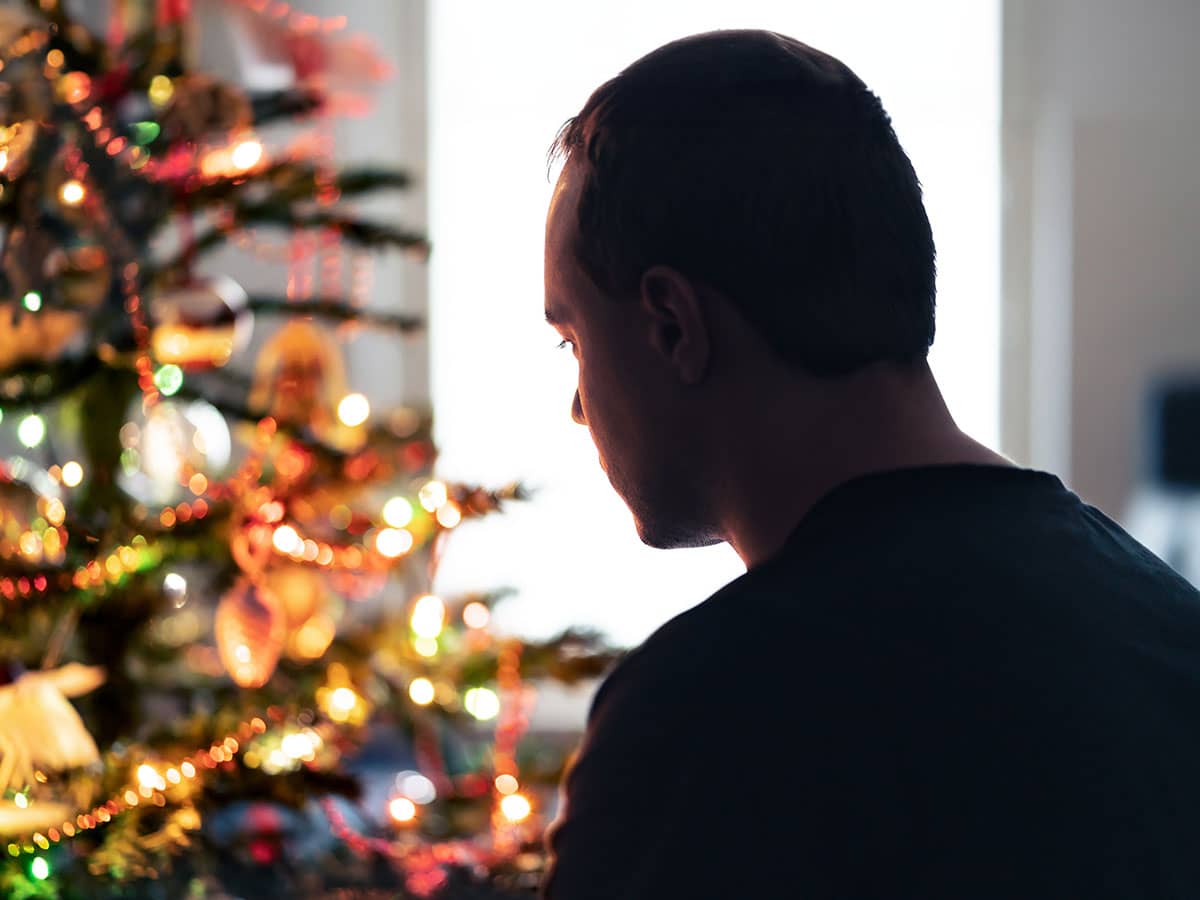Every New Year's Eve these priests of the island's Afro-Cuban religions get together in a special ceremony to read sacred seeds from the African Ope tree that forecast the following year's fortunes. In an unusually dismal "letter of the year," the babalawos revealed a litany of dire prophecies last week, from war to epidemics. "It looks bad," said Natalia Bolivar, a scholar of Afro-Cuban religions who has followed each year's predictions since the 1950s. "People take this very seriously. He who believes a little follows these predictions to the letter."
Indeed, Victor Betancourt, one of the elder babalawos who helped interpret the seeds, said he has received calls from followers in Miami, Italy and Spain eager to know what the new year holds. According to the seeds, Betancourt said, it will be a year of harsh judgments and accidents at sea similar to those in 1994 and 1999. "In 1994 we had the balsero crisis. In 1999 we had the Elian case. This year something similar is predicted," said Betancourt, who has taken part in the annual ceremony for 18 years.
Betancourt said the seeds and their accompanying legends also point to political strife, corruption and broken treaties. "Those who are in power should fasten their seat belts. There is much evidence for the fall of a great power," he said. Although Betancourt said he could not specify the country where the coup might take place, he doubted it would be Cuba. "It would be very difficult for the coup to happen here," he said. "The myths and legends don't refer to the comandante. He holds a favorable position with the gods."
In Cuba, centuries-old Yoruba traditions brought by West African slaves blend easily with Catholicism, and mystic beliefs easily filter into everyday life. Little red ribbons tied to motorcycles and cars in the hopes of securing Santa Barbara's protection are a common sight, and many homes have small altars with rum or fresh flowers for the gods placed in an unobtrusive corner.
Every year the predictions in the babalawos' letter spread quickly by word of mouth. Many do what they can to heed the babalawos' recommendations for warding off ill. This year, the babalawos suggest abstaining from pork, avoiding violence and anger, painting one's house white and keeping a careful watch over children at beaches and rivers. "When the year begins I try to familiarize myself with the letter so nothing takes me by surprise," said Hortensia Cabrerra, a secretary who works in Old Havana and sought out the letter on Friday. "This is folklore. Everyone wants to know what's in store. I'll definitely make sure my grandchildren are safe at the beach. But I don't have the means to paint my house again."
Despite the letter's predictions, Miguel Barnet, a Cuban novelist and anthropologist, said he remained "optimistic" about the new year. "This is a religion of versions and variants," he said of the Yoruba beliefs. "All letters have a relative value. I don't think there is an absolute truth."

